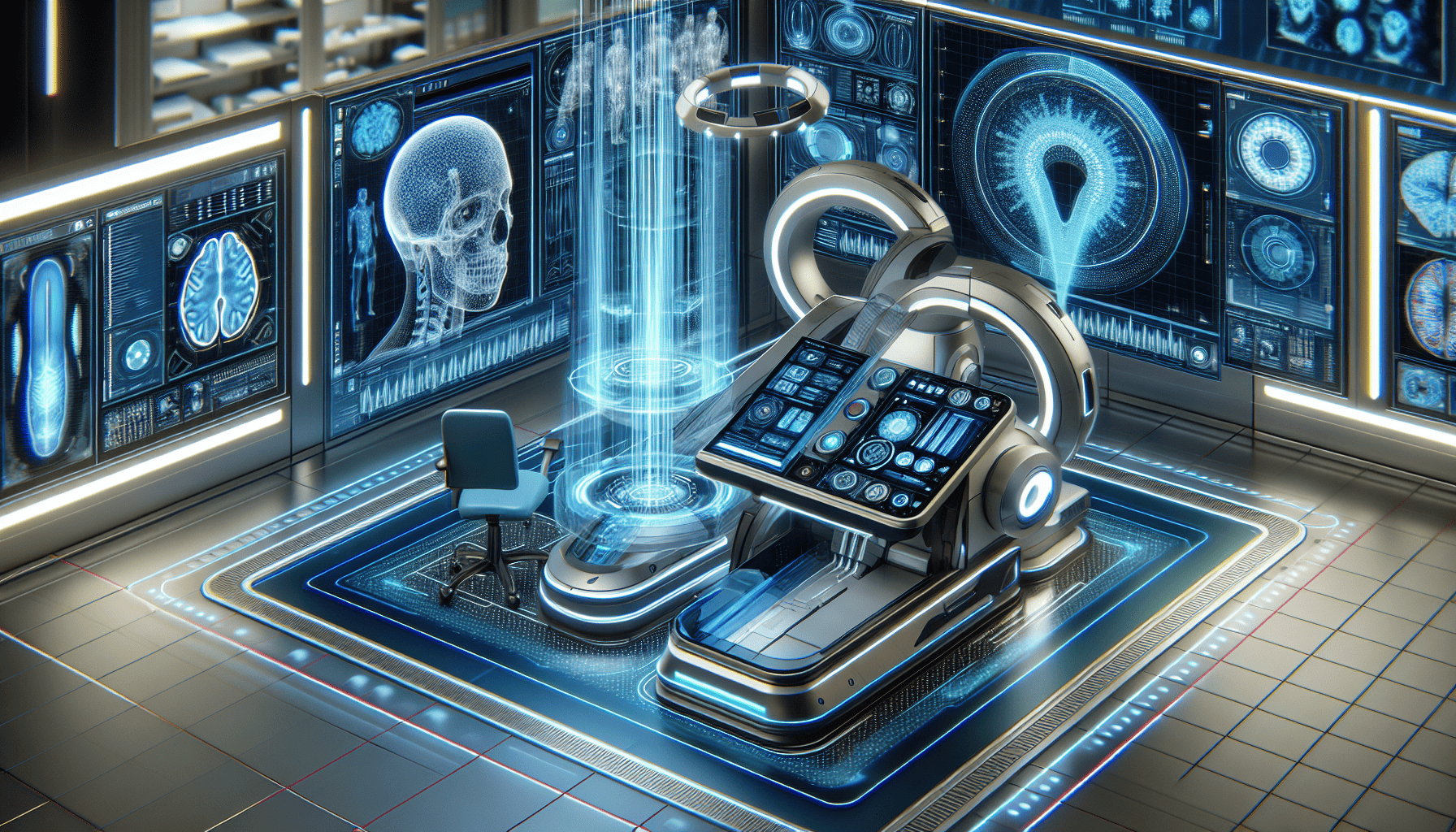As technology continues to evolve rapidly, one area that has witnessed significant transformation is healthcare, particularly in medical diagnostics. With the integration of Artificial Intelligence (AI), the medical field is experiencing a paradigm shift that promises enhanced accuracy, efficiency, and patient outcomes. This article delves into the revolutionary role of AI in medical diagnostics and how it is poised to reshape the future of healthcare.
The Current Landscape of Medical Diagnostics
Traditionally, medical diagnostics have relied heavily on the expertise and experience of healthcare professionals. From interpreting X-rays and MRIs to diagnosing diseases based on symptoms and lab results, the process can be time-consuming and occasionally prone to human error. These limitations can sometimes lead to delayed or incorrect diagnoses, adversely affecting patient care.
The Advent of AI
Artificial Intelligence encompasses a range of technologies, including machine learning, natural language processing, and deep learning. These technologies have the potential to analyze vast amounts of data quickly and with remarkable precision. In the context of medical diagnostics, AI can assist in interpreting medical images, predicting disease risk, and even suggesting treatment plans based on patient data.
Enhancing Accuracy
One of the most significant advantages of AI in medical diagnostics is its ability to enhance diagnostic accuracy. AI algorithms can analyze medical images with a level of detail that surpasses human capabilities. For instance, AI models trained on thousands of radiological images can identify patterns and anomalies that might be missed by the human eye. This has proved invaluable in detecting early signs of diseases such as cancer, often leading to earlier interventions and better patient outcomes.
In diabetes management, AI algorithms analyze continuous glucose monitor (CGM) data, predicting blood sugar levels and helping in optimizing insulin delivery. The continuous monitoring and predictive analytics AI offers significantly improve diabetes management by providing proactive rather than reactive care.
Efficiency in Healthcare
AI not only improves the accuracy of diagnoses but also significantly enhances the efficiency of the healthcare system. By automating routine tasks, AI allows healthcare professionals to focus more on patient care rather than administrative duties. For example, natural language processing can be used to transcribe and analyze doctor-patient conversations, automatically updating electronic health records and ensuring critical information is accurately recorded.
Furthermore, AI-driven tools can rapidly sift through large datasets to provide insights that would take humans much longer to uncover. This ability to quickly process and analyze data means that patients can receive diagnoses faster, reducing waiting times and expediting treatment.
Predictive Analytics
Predictive analytics is another promising application of AI in medical diagnostics. By examining historical data and identifying trends, AI can help forecast disease outbreaks, predict patient risks, and recommend preventive measures. For example, machine learning models can analyze genetic information, lifestyle data, and environmental factors to predict an individual's risk of developing certain diseases, such as heart disease or diabetes, enabling more personalized and proactive care.
Predictive analytics can also play a crucial role in managing chronic diseases. AI algorithms can monitor patient data in real-time, predicting exacerbations or complications and allowing for timely interventions. This proactive approach can significantly reduce hospital readmissions and improve the quality of life for patients with chronic conditions.
Challenges and Ethical Considerations
While the potential benefits of AI in medical diagnostics are immense, there are also challenges and ethical considerations that must be addressed. Data privacy and security are paramount, as AI systems often require access to vast amounts of sensitive patient data. Ensuring that this data is protected and used responsibly is critical to maintaining patient trust.
Moreover, there is the challenge of ensuring that AI technologies are transparent and unbiased. Algorithms must be trained on diverse datasets to avoid perpetuating existing biases in healthcare. Additionally, while AI can assist healthcare professionals, it should not replace the human touch that is essential in patient care. Integrating AI in a way that complements and enhances the role of healthcare providers is crucial.
The Road Ahead
The future of AI in medical diagnostics is undoubtedly promising. As technology continues to advance, AI has the potential to revolutionize healthcare, making it more accurate, efficient, and personalized. However, achieving this future will require collaboration between technologists, healthcare providers, and policymakers to address the challenges and ethical considerations.
In conclusion, the integration of AI into medical diagnostics marks an exciting frontier in healthcare. By enhancing the accuracy of diagnoses, improving efficiency, and enabling predictive analytics, AI is poised to transform the way we understand, diagnose, and treat diseases. As we continue to harness the power of AI, the ultimate goal remains clear: to provide better, more effective care for patients around the world.
